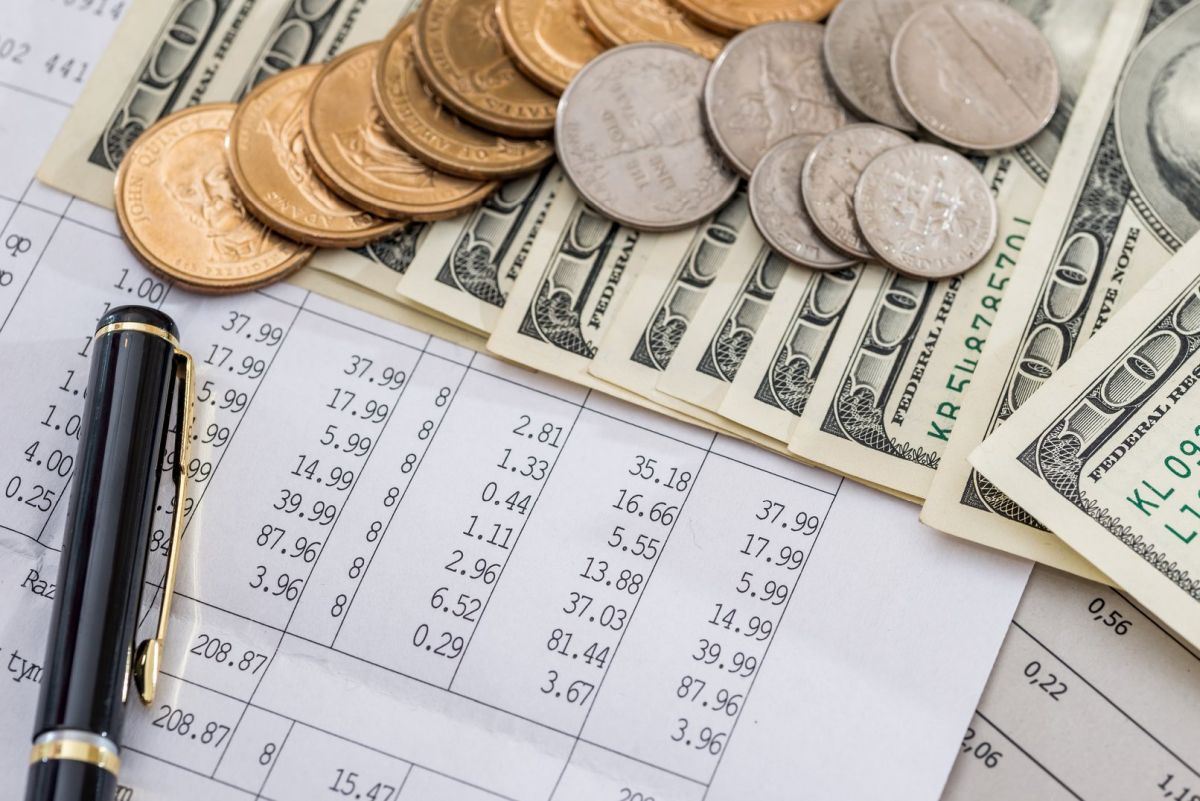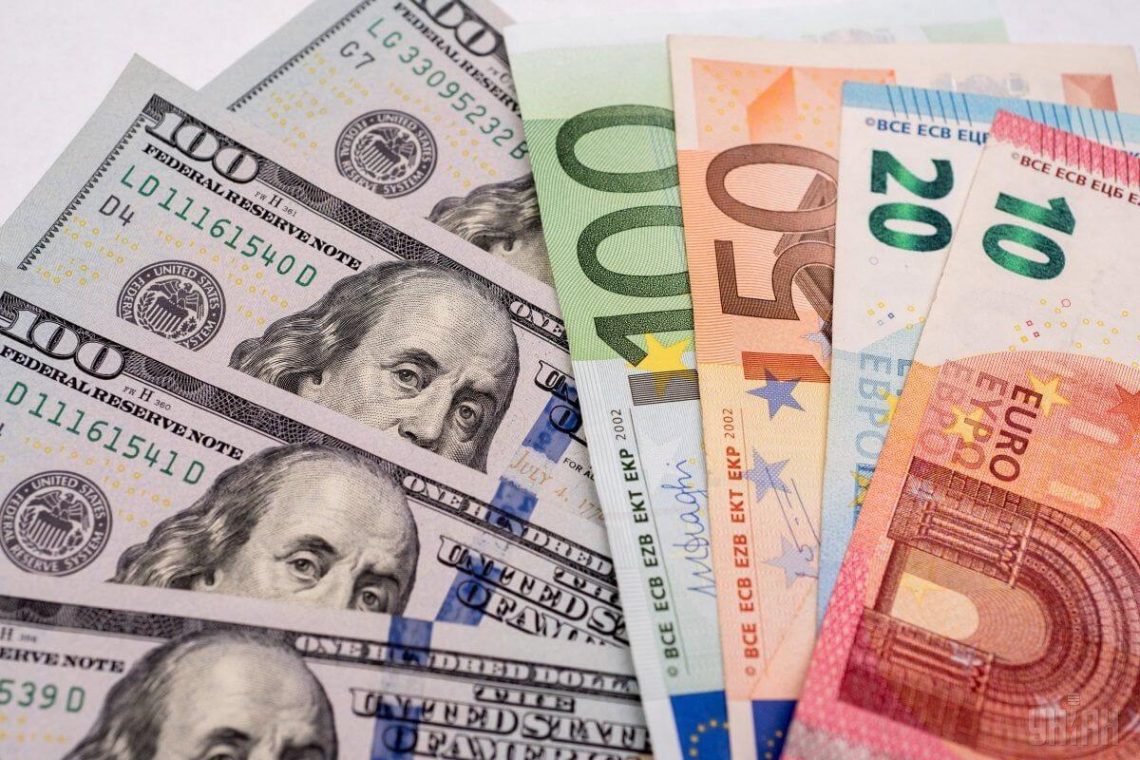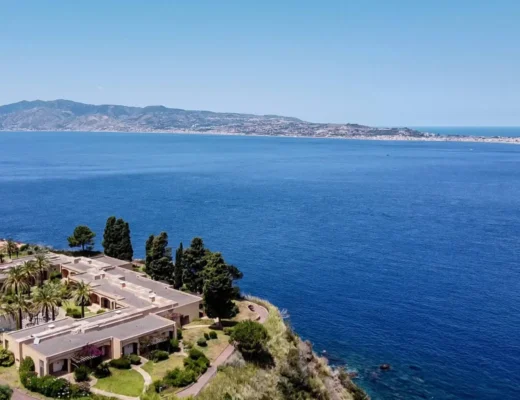The flow of foreign direct investment will decrease by 40% by the end of the year
The coronavirus pandemic has destabilized the world market, and its recovery is not as fast as we would like it to be. According to analysts’ forecasts, the flow of foreign direct investments will decrease by 40% this year. Moreover, in 2021 the decline will continue by 50-10%.
UN trade and development experts have published a report of analysis of investments in the CIS countries and south-east Europe. According to its results, the inflow of foreign capital will decrease by about 38%. Overall, there will be a decline in investment in the global market. While last year’s volume was $1.54 trillion, this year’s volume is predicted to decline to $1 trillion in 2005. Experts say that improvements should not be expected next year – the decline will continue. Positive dynamics will be outlined by 2022.
The coronavirus pandemic was a shock to the world market, which collapsed the established supply mechanism, reduced demand and forced investors to urgently withdraw assets and freeze projects. Within a short time, capital flows decreased significantly. The global recession affected each segment. Companies had to revise existing processes and optimize them to meet the changed conditions.
Foreign investment flows in Latin America will be halved by the end of the year, while emerging Asia will see a 30-45% decline. African countries are expected to see their investment volumes decline by about 25-40%.

Serious consequences of the pandemic are being felt in Georgia, CIS countries and south-east Europe. Here, investors are curtailing a number of projects that were based on the use of natural resources. In particular, this applies to investments in Kazakhstan, Russia and other countries. At the same time, last year was extremely successful for these regions. For example, the volume of investments in Georgia in 2019 increased by 76% to 48 billion dollars. In Russia the growth was at the level of 140% and reached 32 billion dollars, although 2 years before there was a decline in foreign capital inflows. However, despite the impressive figures, experts say that Russia did not reach the highs of 2013, then the figures were 40% higher.
As a result of the pandemic, the world economy suffered more than during the crisis in 2008. The current situation has led to almost complete stoppage of production processes, broken supply chains in different segments. A number of industries have been inactive for several months, affecting the economies of virtually every country. It is not surprising that investors are not in a hurry to inject capital, but are waiting for the market to recover, which can take a long time.










